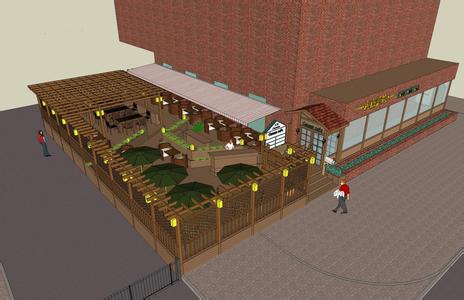Introduction to the processing environment of coffee beans in Xipi Waterfall, Uganda
Introduction to the processing environment of coffee beans in Xipi Waterfall, Uganda
History:
Entebbe is the most famous European as the home of the international airport, which was first opened in 1929. Also from this airport, Queen Elizabeth II of England left Africa and returned to England in 1952 when she learned that her father had died and that she had become queen. The city of Entebbe also hosted the final resolution talks to end the insurgency.
Africa is the hometown of the two major varieties of coffee, Arabica and Robusta, while Uganda, which is located in eastern Africa, which is known as "plateau water hometown" and "Pearl of East Africa", is believed by many to be the birthplace of Robusta.
Uganda is one of the few countries in the world that can grow both Arabica and Robusta, with an environment and climate suitable for coffee growth. Uganda is located between 9-2000 meters above sea level, with an annual temperature of 15 ℃-28 ℃.
Ugandan coffee beans have a unique flavor of delicate taste, which is very suitable for making Italian and other flavors of coffee. More importantly, Ugandan coffee beans are strictly screened according to the standards of the international market to ensure their high quality and pollution-free characteristics.
Uganda leads Africa in coffee production, accounting for more than 70% of its total exports. In the 1960s, Ugandan coffee production remained at 3.5 million bags a year. By the mid-1980s, coffee production had dropped to 2.5 million bags a year, mainly for political reasons. But now coffee production is on the rise again, currently about 3 million bags a year. It is mainly exported to the European Union, with Germany, Italy and other countries as the largest coffee buyers.
Uganda is a landlocked country in eastern Africa, straddling the equator, bordering Kenya to the east, Tanzania and Rwanda to the south, the Democratic Republic of the Congo to the west and Sudan to the north. Most of the territory is located in the Central African Plateau, many lakes, with an average elevation of 1000,000,1200 meters above sea level. There are many lakes and plateaus in the mountains, which are known as "plateau water villages". The western branch of the East African Rift Valley runs through the western border, with many rivers and lakes at the bottom of the valley. Uganda has a great Victoria lake, coupled with the high mountains, which makes Uganda a mild climate suitable for growing coffee, although it spans both sides of the equator.

Important Notice :
前街咖啡 FrontStreet Coffee has moved to new addredd:
FrontStreet Coffee Address: 315,Donghua East Road,GuangZhou
Tel:020 38364473
- Prev

Introduction to Kenyan Coffee Bean varieties and characteristics of Brand Story Manor
Kenya Coffee Bean varieties and characteristics the full name of Kenya is the Republic of Kenya, located in eastern Africa, the equator runs across the central part, and the Great Rift Valley stretches north and south. It is bordered by Somalia to the east, Tanzania to the south, Uganda to the west, Ethiopia and Sudan to the north, and the Indian Ocean to the southeast. There are many plateaus in the territory, with an average elevation of 1500 meters. Kilinaga Peak in the middle (
- Next

Flavor description of Sidamo Gucci Coffee beans introduction to the production area of grinding scale taste treatment method
Flavor description of Sidamo Gucci Coffee beans introduction to the production area of grinding scale taste treatment method. When picking beans, only fully ripe crimson coffee cherries are picked. Before exposure, the beans will be screened for defects in the processing plant to make the beans look more average in size and maturity. two。 Next, use a tall wooden frame or a whole scaffolding to make the sun, so that the beans can be avoided.
Related
- Detailed explanation of Jadeite planting Land in Panamanian Jadeite Manor introduction to the grading system of Jadeite competitive bidding, Red bid, Green bid and Rose Summer
- Story of Coffee planting in Brenka region of Costa Rica Stonehenge Manor anaerobic heavy honey treatment of flavor mouth
- What's on the barrel of Blue Mountain Coffee beans?
- Can American coffee also pull flowers? How to use hot American style to pull out a good-looking pattern?
- Can you make a cold extract with coffee beans? What is the right proportion for cold-extracted coffee formula?
- Indonesian PWN Gold Mandrine Coffee Origin Features Flavor How to Chong? Mandolin coffee is American.
- A brief introduction to the flavor characteristics of Brazilian yellow bourbon coffee beans
- What is the effect of different water quality on the flavor of cold-extracted coffee? What kind of water is best for brewing coffee?
- Why do you think of Rose Summer whenever you mention Panamanian coffee?
- Introduction to the characteristics of authentic blue mountain coffee bean producing areas? What is the CIB Coffee Authority in Jamaica?

